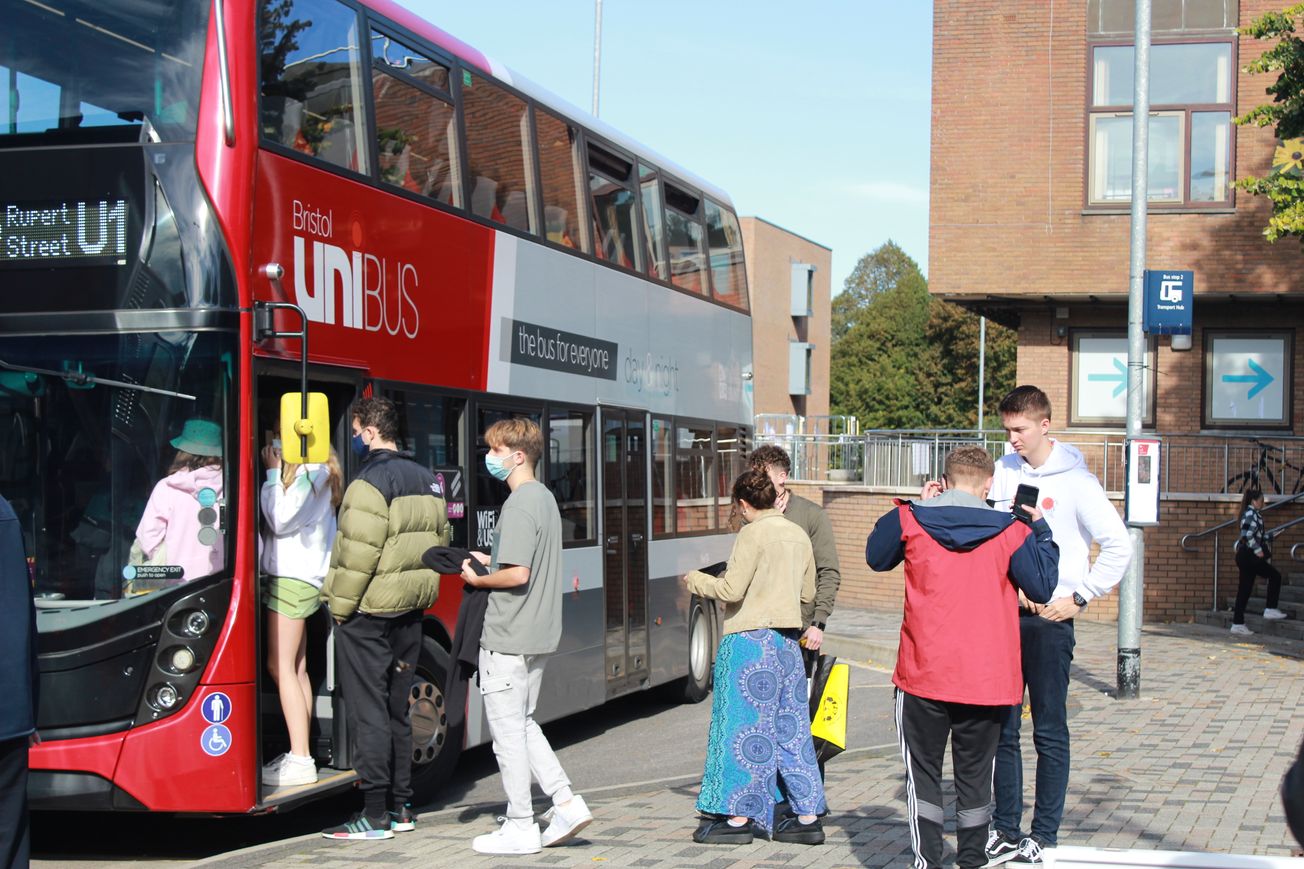By Rosie Neville, Second Year, Politics and Economics
As coronavirus cases rise in the UK, it appears as though the blame has been laid at the door of young people. However, this scapegoating of young people fails to recognise the campaign of mixed and contradictory messages that have been enacted since the easing of lockdown.
Stay at home! Return to schools and offices! Get the economy rebooted! Don’t kill your nan! Socialise in groups up to 30! Eat out to help out! Rule of six. Get a test! Stop wasting tests!
Let us not forget that it was not long ago that the government was encouraging young people to go out in order to repair the damage caused in the hospitality sector after the coronavirus pandemic and the subsequent lockdown.
Indeed, the August ‘Eat Out to Help Out’ scheme was put in place to encourage customers to go back into restaurants, cafes and pubs. However, the government is now blaming young people for socialising too much. Which way would they rather have it?
This health-economy trade-off has been a recurring tension throughout the pandemic and Parliament appears divided on which one to prioritise.
The portrayal of youth misbehaviour and rule flouting as the core reason for the rise has now manifested itself in policy changes, such as the closing of pubs across the UK at 10pm.
To categorise all young people as irresponsible and thoughtless is far from accurate
In this selective acknowledgement of risk and allocation of blame, we seem to be ignoring the potential negative effects of encouraging thousands of children to go back to school, not to mention adults going back to work and the public out to restaurants.
This pandemic has been marked by a series of failures that we still debate, from the delayed lockdown to the mixed messages about mask-wearing.
I am not suggesting that young people are completely innocent parties in the recent spike and that all young people stuck vehemently to the regulations. After months of lockdown, some young people are taking their re-established freedoms and running away with them.
Obviously, statistics do suggest increases in Covid cases amongst young people. However, to categorise all young people as irresponsible and thoughtless is far from accurate. The majority of young people do take the pandemic seriously, with some even wanting the pandemic to be taken more seriously as a result of their peers’ actions.
Young people, like all age brackets, cannot be narrowed down to a homogeneously negligent group. There are those who have complied with the ever-changing rules, just as there are others who seem hell-bent on bending them.
More than 1500 Bristol students test positive for coronavirus
Opinion | The university should teach, not police, students
When the government ladles the blame at the feet of young people, it seems hypocritical when notable high-profile figures have been seen flaunting the rules.
Coronavirus has had a damaging effect on all generations. Young people are bracing themselves and preparing to face the brunt of the economic problems and uncertainty that await.
The older generations have, in greater part, been more heavily affected by the virus on a physical level, with a very high mortality rate. No one is immune to the effects of coronavirus and so finger-pointing and blame games should not be our concern.
Featured Image: Epigram / Lucy O'Neill
Do you think that students have been scapegoated for COVID-19?








